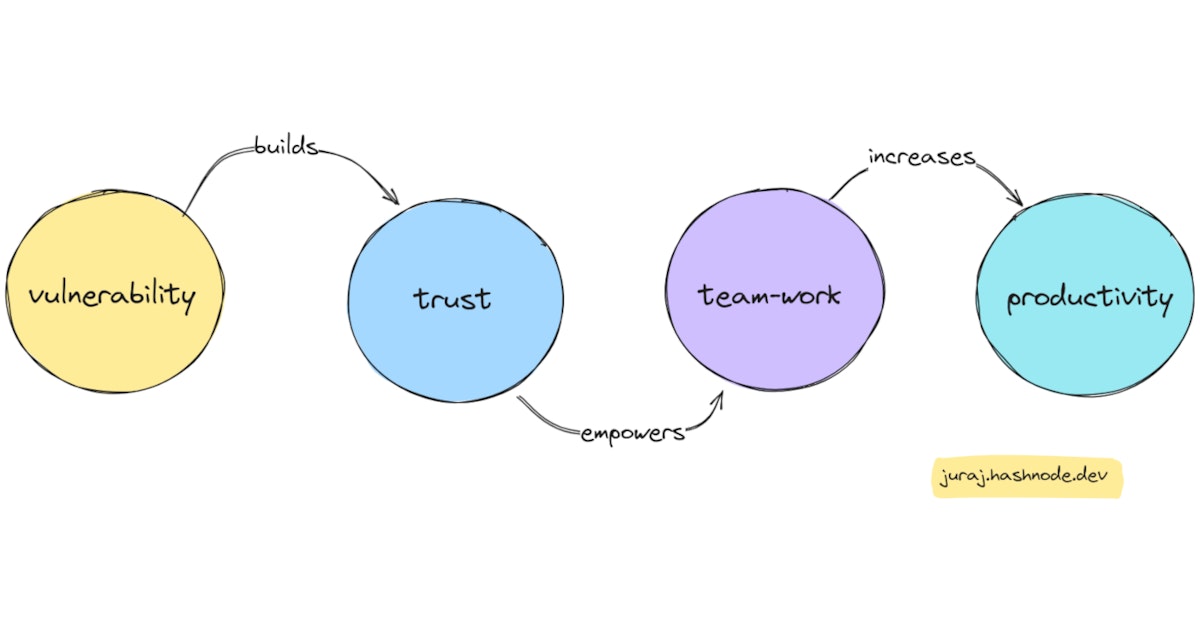284 reads
Death To The Invincible Engineer: Embracing Vulnerability in the Workplace
Too Long; Didn't Read
Passion for building innovative solutions in the startup world. Building and leading engineers in an AI startup ⚡️🚀
STORY’S CREDIBILITY

Original Reporting
This story contains new, firsthand information uncovered by the writer.
TOPICS
THIS ARTICLE WAS FEATURED IN...
L O A D I N G
. . . comments & more!
. . . comments & more!



Share Your Thoughts